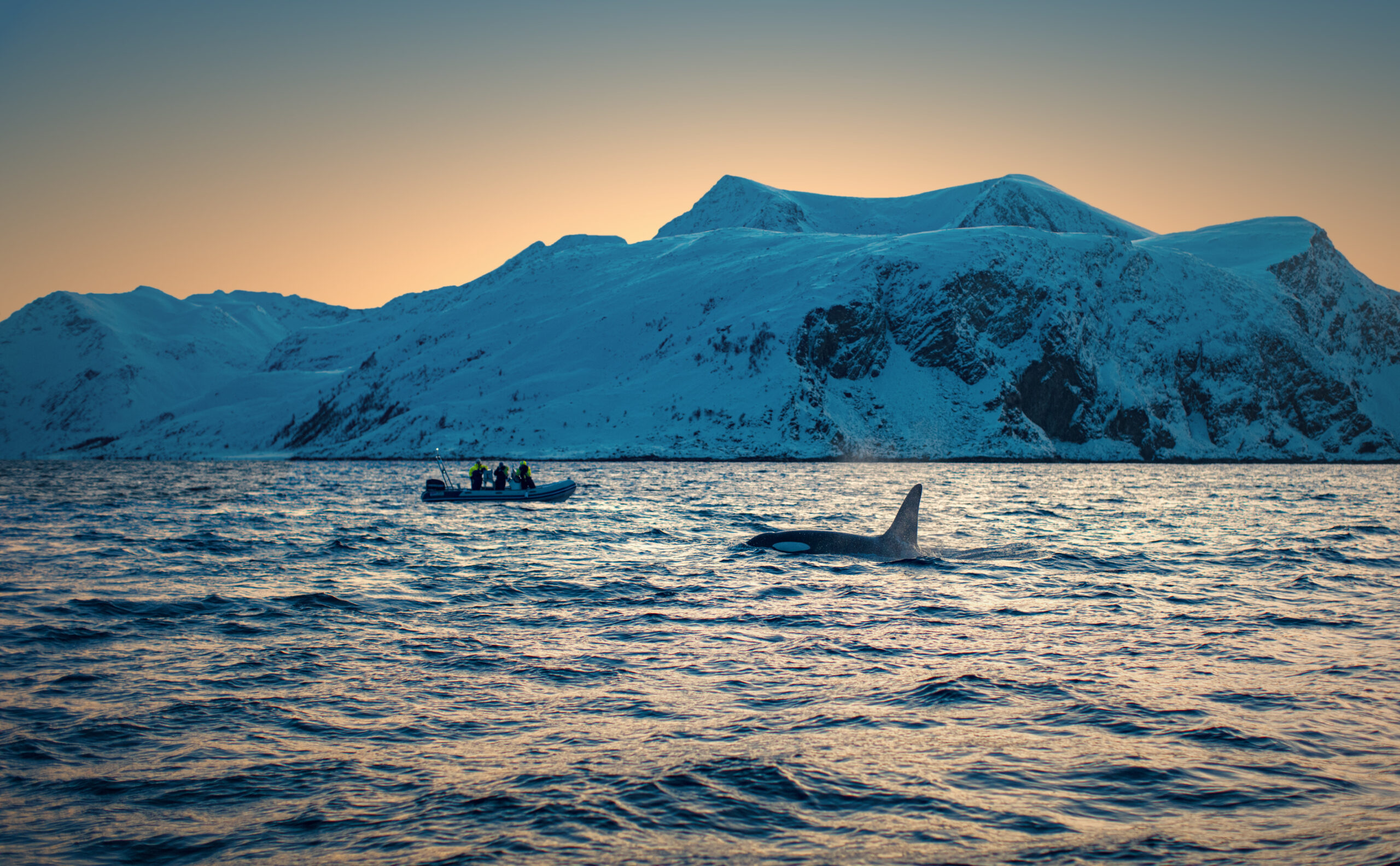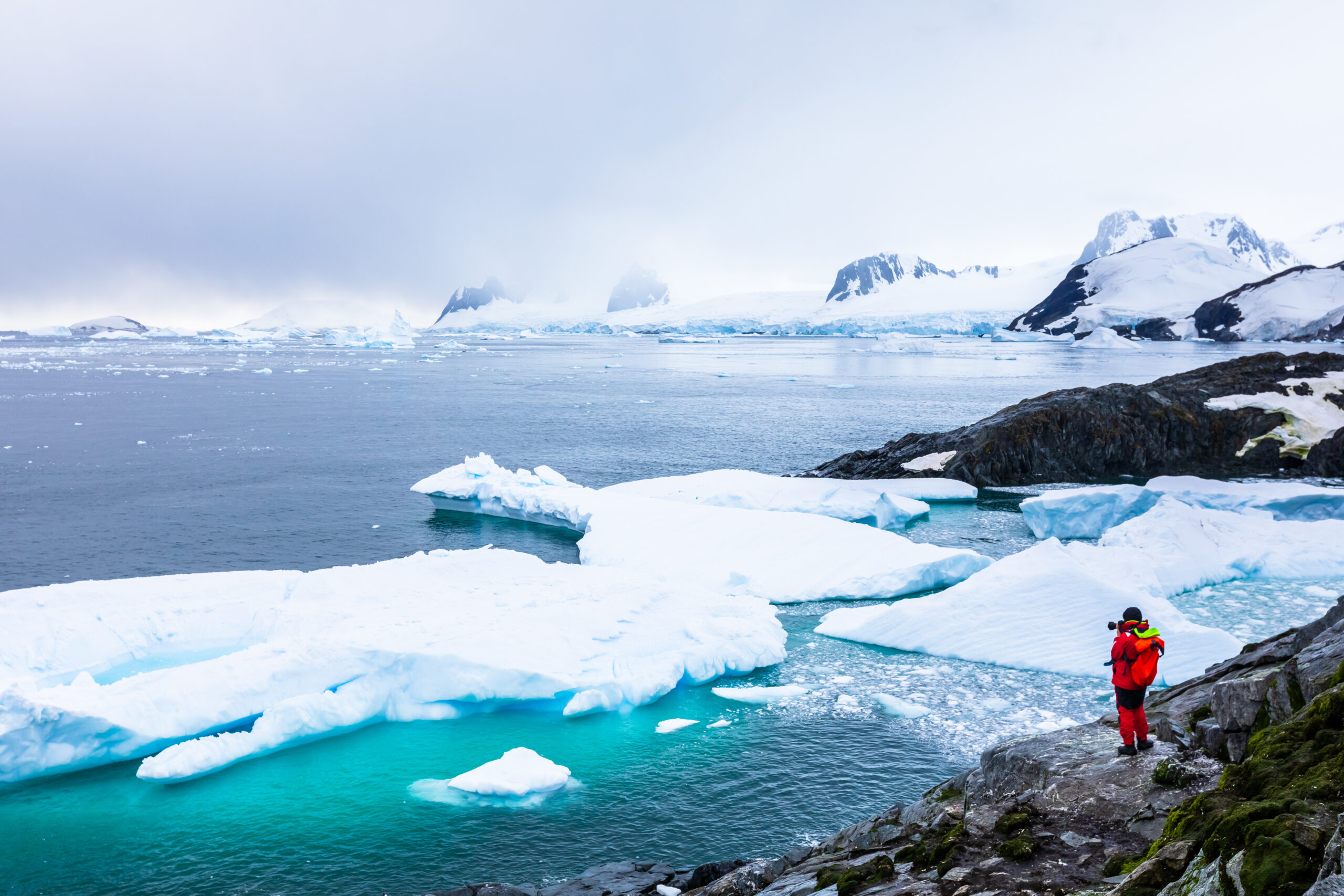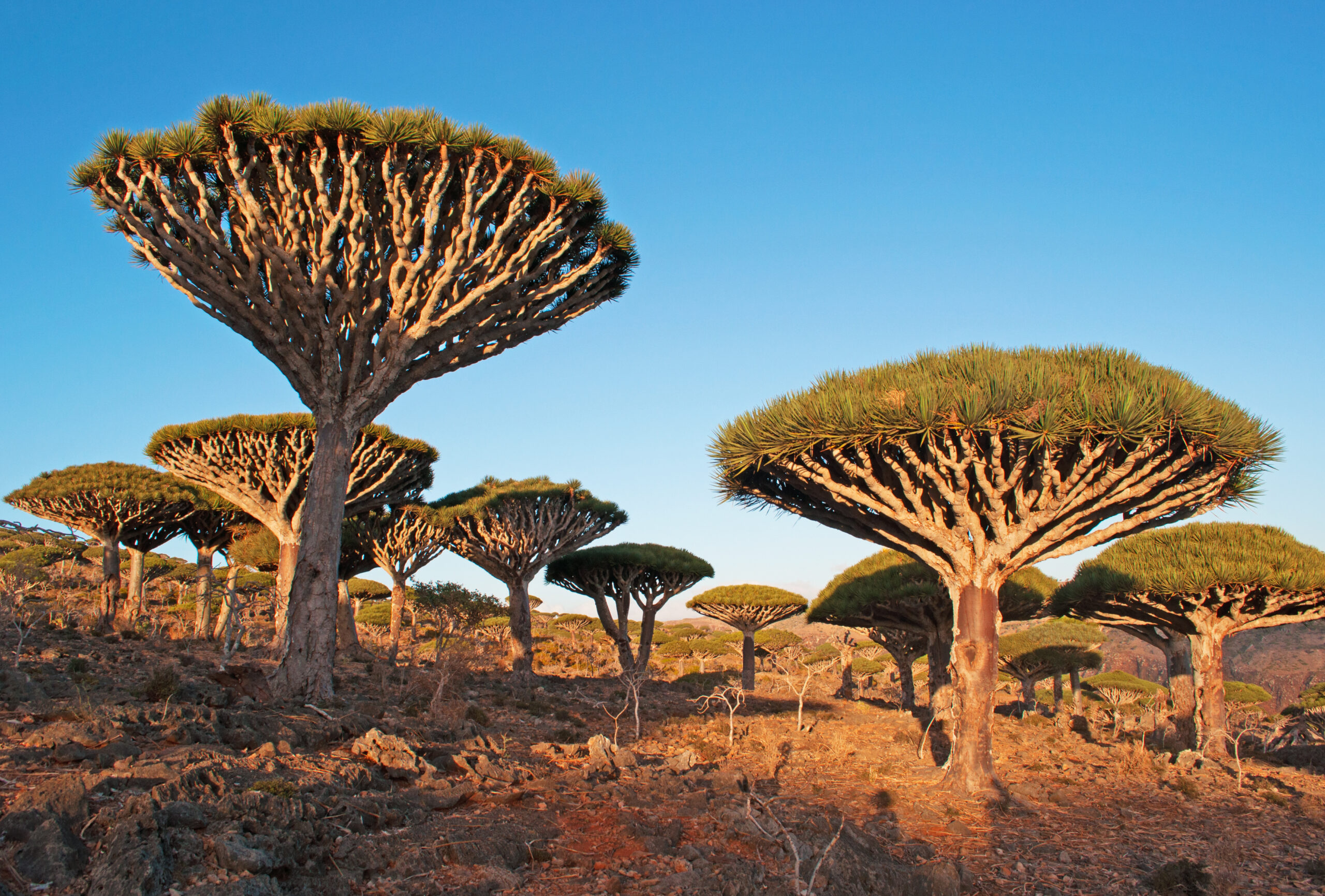Henry Cookson, a daring adventurer in some of the planet’s most remote
destinations, has become known for making the impossible possible. He’s the
founder of Cookson Adventures, the world’s leading ultra-luxury experiential travel specialists, and here he speaks to Globetrender about what elite travellers can look forward to in the new decade.
What do you predict for the future of travel in the post-coronavirus age?
Like so many others, Cookson Adventures has had to postpone or cancel many of its adventures. Thankfully, we do still have interest in booking later in the year, often to far-flung places onboard private expedition yachts or bespoke camps in remote conservancies. The future’s uncertain, but our basic instinct to explore will not be taken away.
Travelling is good for the soul, and a hunger that needs to be fed. We will tread with extreme caution when borders open and airplane fleets return to the sky. When that happens is not for us to decide, but what I hope to be true is that the industry will bounce back with vigour, celebration and a new-found respect for those things we might once have taken for granted.
How is Cookson Adventures leading the way when it comes to luxury travel in the
2020s?

Something that was incredibly important to us before, but certainly solidified now, is connecting people and industries to bring about real change through adventure. We realised early on that conservation-centric travel is not only necessary in this day and age – given our clients are among the most successful people on the planet – but it genuinely leads to hands-on, enriching experiences.
Who is going to forget tagging sharks alongside marine scientists off remote, rocky islands in the Pacific Ocean? Underwater here could be compared to a superhighway for these creatures, but most people don’t even know these places exist.
Everything we do has this element of pushing the boundaries of what people believe is possible in travel. 2019, for instance, was a record year for us. Our adventures led to the discovery of a new type of killer whale off the coast of Cape Horn and a Roman shipwreck in southern Italy. It was a proud moment for Cookson Adventures to facilitate this important discovery and connect our guest and his family with the team of scientists, providing a fully immerse experience.
How have you seen the definition of luxury travel changing? What are people looking for that they weren’t before?
There has been a definitive shift from the wealthy wishing to simply sun themselves on board a super yacht, to a new breed of modern adventurers emerging. This comes partly from developments in technology allowing us to travel further and farther than ever before, but it is also our inquisitive nature. The concept of luxury is changing and people increasingly want to come away from their travels feeling enriched; having challenged themselves and learned something new.
What have you learnt about luxury travel from being an adventurer?
I’ve been fortunate enough to experience luxury travel from both sides of the coin – as an adventurer and as someone who has created and hosted adventures for many guests. I’ve learnt that while we’re all looking for a sense of escapism from everyday life, it’s a concept that looks very different to every single person.
For me, luxury was found in far-flung destinations where there are no five-star hotels and wellness spas. Hunkering down in our thin-walled tent every night in Antarctica (during my team’s expedition to the Pole of Inaccessibility) felt like the Ritz to us after making our way across seemingly endless white tundra.
What we would strive to do at Cookson Adventures is get a sense of what each explorer is looking to achieve from spending time away and handcraft a trip around this. Maybe we’ll help them develop a better understanding of who they are, or improve their appreciation of the natural world around them. Whatever the adventure entails, we set out to create memories for them to take home.
Why are wealthy travellers increasingly looking to spend their money on more extreme experiences?
These people don’t just want to go on holiday – they want to truly explore. That’s why the concept of “world firsts” is so important – the unique nature of doing something that has never been done before appeals to our clients’ curious side. They have busy lives and are already well-travelled, which is why they come to us; to explore places they’ve never been, go where no human has gone and come away from their travels having learned something new.

What have been some of the most intrepid adventures you have arranged for clients?
 We have arranged high-octane, adrenaline-fuelled expeditions that involved fake kidnappings and mock-military warfare and we’ve arranged dives to unexplored parts of the ocean in a cutting-edge submersible. We’ve taken super yachts where they’ve never been taken before and we’ve discovered new animal species through work with leading marine biologists. All of these incite different reactions in our guests and challenge them in different ways.
We have arranged high-octane, adrenaline-fuelled expeditions that involved fake kidnappings and mock-military warfare and we’ve arranged dives to unexplored parts of the ocean in a cutting-edge submersible. We’ve taken super yachts where they’ve never been taken before and we’ve discovered new animal species through work with leading marine biologists. All of these incite different reactions in our guests and challenge them in different ways.
What role is conservation playing in luxury adventure travel? Do rich people really care about the world?
Conservation is playing an increasingly large part in explorers’ travel as they look for ways to protect the fragile world we live in. Many of our guests are very excited by the prospect of giving something back because it can be immensely rewarding.
At Cookson we have pledged to leave every destination we visit in pristine condition and we also undertake a number of projects around the world that contribute to reversing the negative impact that humans have historically had on remote destinations. For those travelling with families, it can be a way of teaching the younger generations about the importance of preserving our planet.
Underwater exploration is a trend we highlight in our Future of Luxury Travel Forecast – tell me about your access to submersibles and the kinds of experiences you can arrange for clients?
Space may be the new frontier, but underwater discovery is just as fascinating because we have explored less than 5 per cent of the world’s oceans. This means the scope for world first discoveries are boundless and we can facilitate dives in the world’s most sophisticated submersible machines, all around the world. For example, we have access to the world’s only private seven-seater submersible.
This means the whole family can explore under the waves and be accompanied by leading marine biologists, who can add invaluable insights to the experience. What’s intriguing with underwater exploration is that it needn’t be in the world’s most remote places to lead to breakthrough discoveries.
Last summer we undertook a series of dives off the coast of Italy and found a rare type of coral thought only to grow in tropical seas. This has led to local scientists building out conservation programmes to better understand the complex ecosystems deep beneath the waves.
What kinds of cutting-edge, innovative trips do you have coming up for clients?
Amongst many other expeditions we are building out significant projects that will see two of the world’s leading explorer yachts travel vast distances around the world and help various conservation efforts over the next two years.
Partnering with Sherakhan, we are embarking on an 18-month round-the-world expedition. The itinerary will include experiences in remote – and previously restricted – destinations such as the Kuril Islands, Cocos Island and Papua New Guinea, and all manner of conservation work alongside leading scientists.
For example, we’ve collaborated with Manta Trust, a charitable organisation that leads research and conservation of manta rays globally. Guests can learn how manta rays contribute to the wider marine ecosystem and participate in their protection and sustainable management.
And we have designed a trans-Pacific cruise aboard SuRi, which will contribute to Seabed 2030, an international collaborative project that aims to map the whole ocean floor by the year 2030.
With a submersible on board, we’ll conduct sonar mapping of the sea floor in locations such as the Solomon Islands, Papua New Guinea, the Galápagos Islands, Cocos Island and French Polynesia and Cookson’s guests can be part of this pioneering project.
What off-the-beaten-track destinations are you excited about?
 Recently I arrived at the airport to begin my adventure in Socotra, a country notoriously hard to reach – made worse because of the ever-worsening coronavirus crisis. Alas, I’ve had to postpone it for another day, but it’s certainly a destination both my clients and myself are very excited about.
Recently I arrived at the airport to begin my adventure in Socotra, a country notoriously hard to reach – made worse because of the ever-worsening coronavirus crisis. Alas, I’ve had to postpone it for another day, but it’s certainly a destination both my clients and myself are very excited about.
For those who have heard of it, Socotra has a reputation. A history fraught in territorial dispute has meant there are virtually no tourists visiting this secretive Arabian island.
The reward for reaching its hypnotically blue (and now peaceful) shores, however, is almost unimaginable – as there’s no other place like it on Earth. You can enter a world of alien landscapes and explore a culture eager to share stories from one of the last untouched islands in the world.
I hear you are launching ‘breathe’ themed trips – can you tell us more about this?
We have been looking at the concept of wellness and how we can redefine this because it is a global phenomenon, but there is very little that offers a truly personalised experience. At Cookson we are championing the concept that wellness is an individual thing that varies as much as we do as humans. No one can tell us how to feel happy or fulfilled.
As part of this we are exploring the power of conscious breathing as a means of invigorating the body and mind. We’re working with experts in practices like shinrin-yoku (forest bathing) in Japan, a scientifically proven restorative process of spending time in nature. The Wim Hof Method, which exposes participants to cold therapy, is another example of a discipline that can reap health benefits like fat loss, muscle recovery and a fortified immune system.
What is behind your decision to become carbon neutral and how will you achieve it?
It was an easy decision to neutralise the impact Cookson Adventures has on expeditions. What fuels this business is an eagerness to explore all the beauty and extraordinary wonders of this planet, and the creatures that inhabit it. We want to create an environmental benefit because nature is at the heart of this company, dating back to my time spent in Africa working as a safari guide.
Cookson has worked with Carbon Footprint Ltd to build a bespoke carbon calculator that will model the emissions of our logistically complex trips. We will then work with them to source audited and measurable carbon offset and reduction projects, that include tree planting, provision of clean drinking water and stimulating the growth of clean energy.
What are your ambitions for Cookson over the next ten years?
To continually challenge perceptions of our planet and how you should explore it, nurturing it carefully as we go. Cookson Adventures has just reached ten years of age, and I hope the next ten will bring just as many discoveries, if not more.
What’s coming next? Trend reports available to download HERE



